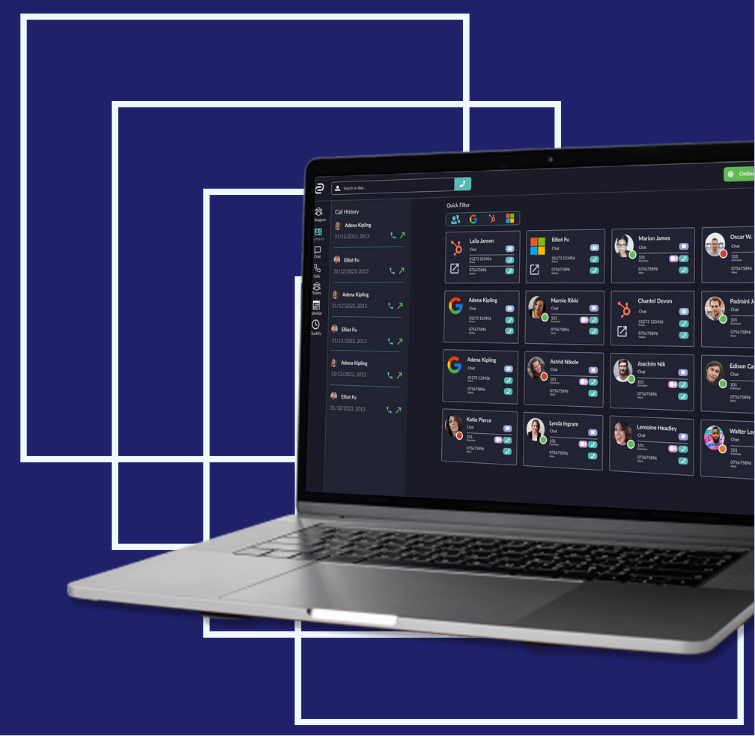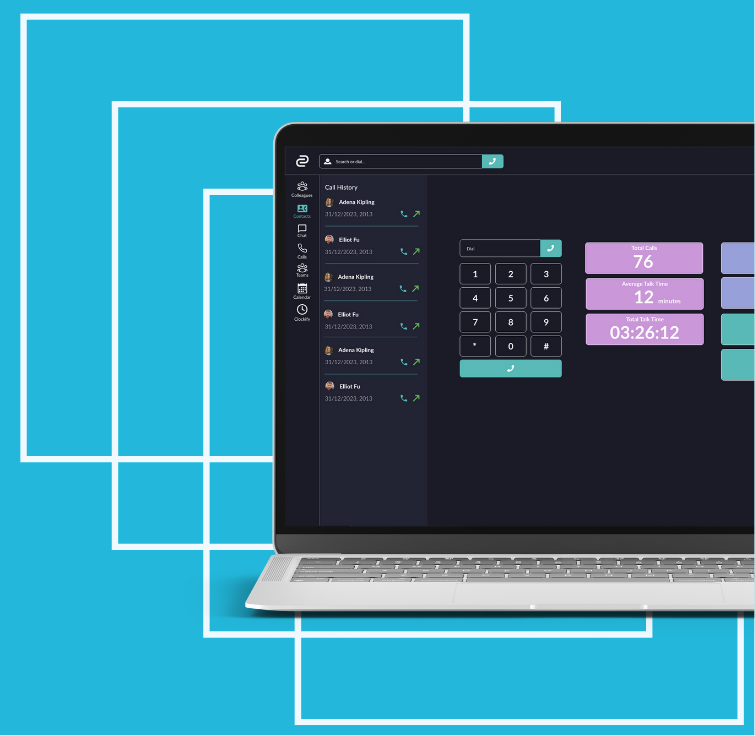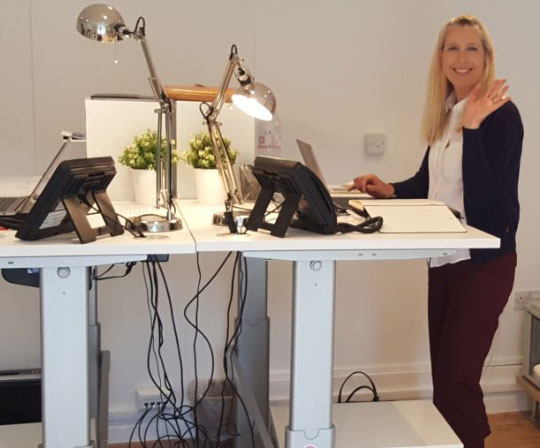MiFID II and Compliance
As a part what seems like a sea of new compliance and regulation coming over the horizon, first to arrive in early 2018 will be the MiFID revision, imaginatively titled MiFID II – closely followed by GDPR in May.
The first of these, MiFID II (Markets in Financial Instruments Directive) comes in to force on 3rd January 2018 for regulated companies in the financial services sector. When MiFID II becomes law, financial service providers will need to change the way that they utilise and manage call compliance and adhere to a set of requirements when conversations are recorded. As a result, all affected companies in the financial service industry will be required to record and retain communications between buyers, sellers and even investment services providers.
There will be a significant increase in penalty for companies that fail to meet compliance standards, so UK businesses will need to ensure they have upgraded their call recording solutions and in-house processes to ensure compliance from 3rd January 2018.
What are the new MiFID II rules?
MiFID II will demand a more robust and higher quality of record keeping across all forms of client communication. This includes telephone conversations, email, instant and SMS messaging as well as full meeting notes. Theses must be recorded and stored in a manner that will ensure recovery and re-use as much as 7 years after the event. Any communication that could lead to a transaction is legally viewed as a compliance requirement, from that very first enquiry call.
How can call recording support MiFID II compliance?
To comply with MiFID II companies will be required to: –
Capture and store all communications in high quality. It is advisable that recordings be encrypted in a high-quality format, kept secure and held for a minimum of 5 years.
Retain and Maintain call recordings for a minimum of 5 or up to 7 years. Recordings must be time-stamped and indexed with effective tags and stored in compliance with MiFID II regulations.
Facilitate effective Retrieval and Reconstruction: The call and its associated data must be quickly accessible, which can be achieved using search and replay functions, along with features for call authentication and event reconstruction. Call recordings should be retrievable by criteria such as caller, recipient, date and time.
Notification the caller that the call is being recorded. The caller must be informed that their conversation is being recorded and given the opportunity to ‘opt out’ of the call or communication.
Evoke Telecom provide and fully support the iCall Suite of products by Tollring.
Can iCall Suite Call Recording Facilitate MiFID II Compliance?
- Capture and store all communications in high quality
iCall Suite records a conversation in its original format. The recording is then encrypted and stored according to deployment method.
- Retention of call recordings
iCall Suite call recordings can be stored indefinitely complete with all required call metadata. The call metadata (such as time, date, CLI, direction and user) remains with the call recording for the entirety of the storage. This provides a permanent record of data that serves as a critical addition to the recording to support compliance.
- Retrieval
iCall Suite provides industry-leading search capability. Options include the ability to initiate a broad search (for example by date) or to narrow filters to specifics using multiple search fields (for example minimum call duration, time, call direction and extension). By using the filter options in iCall Suite, it is easy to reconstruct a series of conversations and interactions.
Want to learn more about Call Recording, the iCall Suite of products from Tollring, or simply discuss MiFID II requirements and options, then simply pick up the telephone and call our friendly sales team on 01509 278278 Option 1 or let your fingers do the typing and email sales@evoketelecom.local
For all things telecommunications, connectivity and the Digital Transformation of your business talk to the experts – Evoke Telecom Services Ltd.




 Today’s guest blogger Jen Wiss-Carline from marketing agency Angel Digital looks at why recorded information is a better option for callers on hold than silence, beeping or music alone.
Today’s guest blogger Jen Wiss-Carline from marketing agency Angel Digital looks at why recorded information is a better option for callers on hold than silence, beeping or music alone.











 To help us to clarify this somewhat complex area we have invited our friend Lisa Botterill, Partner from the East Midlands law firm Nelsons, to guest on our Evoke Telecom blog site and share her thoughts with us.
To help us to clarify this somewhat complex area we have invited our friend Lisa Botterill, Partner from the East Midlands law firm Nelsons, to guest on our Evoke Telecom blog site and share her thoughts with us.



